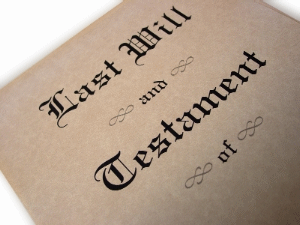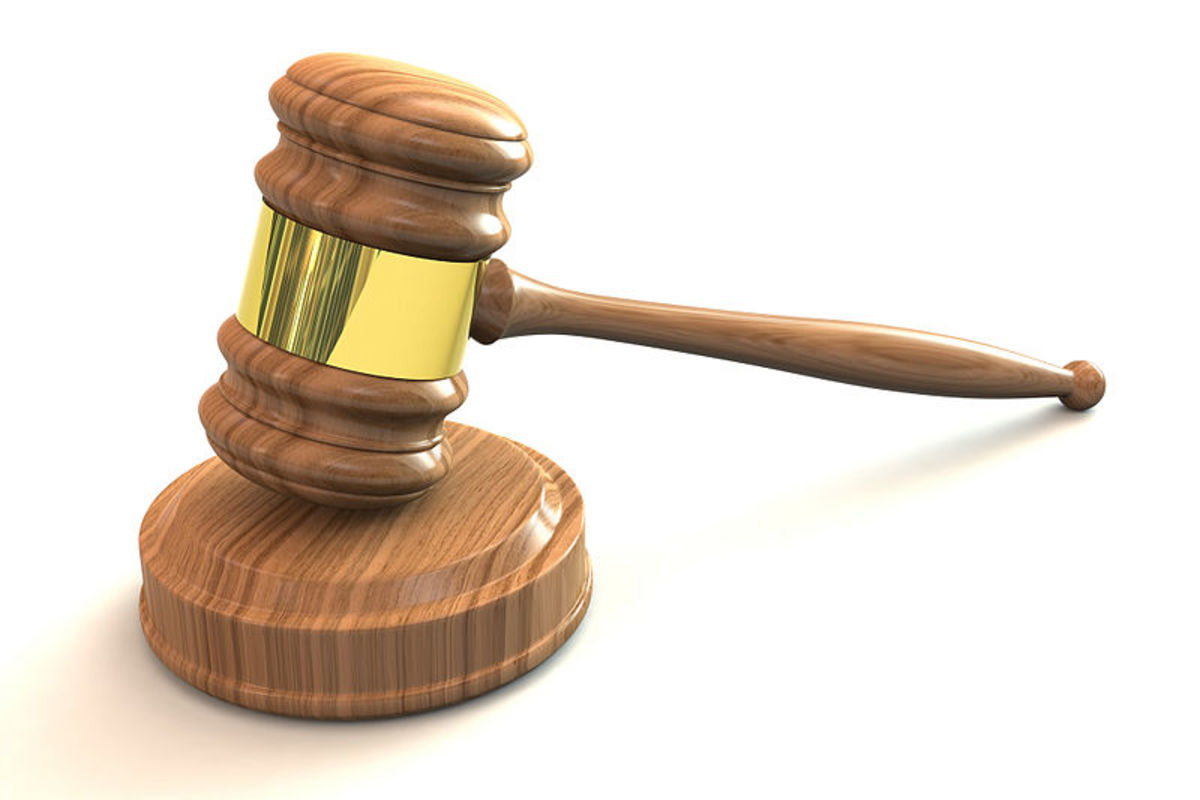How to Look Up a Will
Once a will is submitted for probate, the will and the contents therein become a matter of public record. In most jurisdictions, this allows anyone to review or request a copy of the will for personal reasons.
It is important to note that unless the testator passed with a valid will in place and the executor or another surviving relative submitted the will for probate, the court will not have a record of the will on file. Only wills that have been filed with the court for probate are available for review. If you are interested in looking up a will to file with the probate court, you will need to contact the executor of the will or the person who is handling the decedent's estate.

During Probate
Once a will has been submitted to the surrogacy court for administration, the probate process begins. During probate, the court retains possession of the original signed will, of which it may provide copies to interested parties upon request. Note, however, that unless you are a family member of or a beneficiary to the decedent, the court may deny your request. If you are unable to review or obtain a copy of the will during probate, you will need to wait until after probate ends before you can look up the will.
Step #1: Locate the matter name and docket number for the probate matter. If
the executor or another party to the matter filed the will for probate,
they should be able to provide you with this information. If not,
contact the clerk of the probate court that is handling the matter and
provide the testator’s full name, address, date of birth, date of death
and Social Security number to request the information.
Step #2: Draft a
written request to the court with the testator’s name, the matter name
and the docket number listed at the top. State that you are requesting a
copy of the will on file and provide a detailed reason for your
request. Provide your full name, address and telephone number, then sign
the bottom of the letter. Include a self-addressed stamped envelope
along with your request.
Step #3: Mail or deliver your written request in
person to the clerk of the probate court. Allow at least two to three
weeks for a response; the clerk may contact you via the contact
information you provided or simply mail a copy of the will. Be aware
that you will likely incur a nominal fee to cover duplication costs;
this fee will be higher for a certified copy of the will.
After Probate
Absent exigent circumstances, all wills become a part of public record after probate ends. Many states permit all parties, interested or not, to request, review and make copies of a probated will. To look up a specific will, you will need to know where the will was filed -- typically, with the probate court located in the county where the decedent was living at the time of his passing -- and the decedent's full name. The court will likely charge a nominal administrative fee to cover the costs of searching for the will, and another fee for duplication costs if you request a copy; this fee increases if you request a certified copy, although you do not need a certified copy if you are only looking up the will to satisfy mere curiosity.
Step #1: Locate and organize the testator’s personal information, including her full legal name, date of birth and Social Security number. If you can locate the address of the estate -- typically, the address of the testator’s last primary residence prior to passing -- write this down, as well.
Step #2: Locate the matter name and docket number for the estate’s probate matter. The original executor of the estate should have this information on file. Otherwise, contact the clerk of the probate court in the county where the estate resides to conduct a search for the matter. Provide the clerk with the testator’s name, address, date of birth, date of death and Social Security number. You may incur a small fee to cover the costs of searching, although most courts will conduct searches of court matters at no cost.
Step #3: Draft a formal written request containing the testator’s name and Social Security number, the matter name and the docket number for the estate’s probate matter. The court may require all requests be completed on a specific form; ask the court clerk for more information and a copy of the correct form, if applicable. Provide a reason for requesting a copy of the will. If you are requesting a copy of a relative’s will for curiosity’s sake, state as such. Otherwise, you should provide a detailed explanation for your request. Sign the bottom of your written request when finished.
Step #4: Submit your request to the court clerk, either in person or via mail. There may be a nominal administrative fee -- on average, between $5 and $20 -- to cover the search in addition to a per-page duplication expense. Note the fee will be higher for a certified copy of the will. Allow at least four to six weeks for the clerk to process your request and find the pertinent records. If you provide a self-addressed stamped envelope along with your request, the clerk may mail the records to you. Otherwise, you will need to retrieve the records in person.








